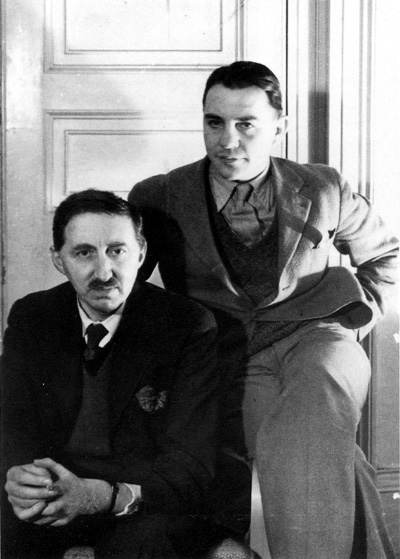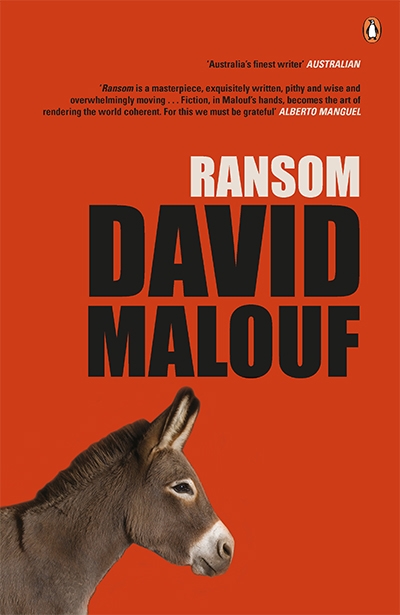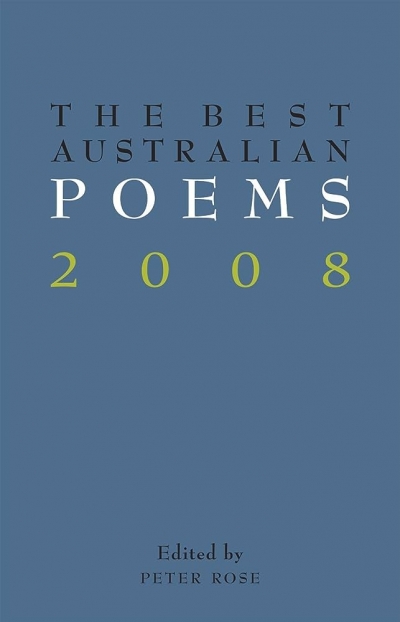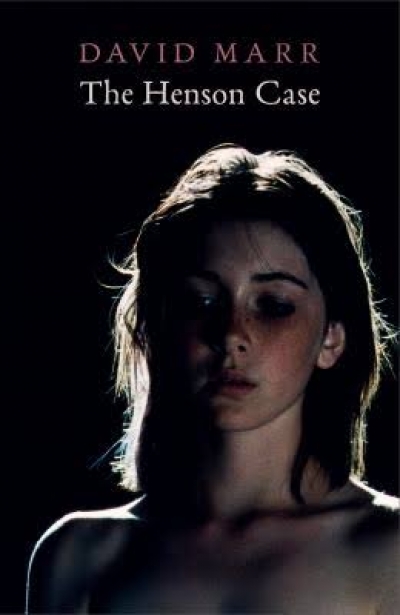Accessibility Tools
- Content scaling 100%
- Font size 100%
- Line height 100%
- Letter spacing 100%
Peter Rose
So Patrick White’s most flamboyant novel (with the possible exception of The Twyborn Affair) has been brought to the cinema, after the usual longueurs and fiscal frights. Director Fred Schepisi and his scriptwriter, Judy Morris, have tamed the long and somewhat unwieldy beast that won White the Nobel Prize in 1973. Lovers of the novel will miss certain sc ...
Sempre Susan by Sigrid Nunez & Swimming in a Sea of Death by David Rieff
I am in Louisiana with the dogs,
my lost generations of dogs.
How I got there, what budget tour I’m on,
whether my papers are in order,
my visa credible, is a total mystery.
Poetry in English has lost one of its paragons, Australian literature one of its finest ambassadors, and Australian Book Review a beloved friend with the death in London of Peter Porter, aged eighty-one. He died on 23 April – Shakespeare’s birthday – by which time our May issue had already gone to print.
... (read more)Saturday. The usual 9 a.m. flight.
The man beside me hefts a Gladstone.
‘I haven’t seen one of those in years,’
I say, this being sociable Saturday.
I recall a worn one from my twenties
owned by someone else. Always empty





